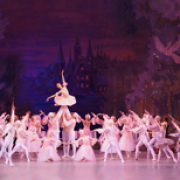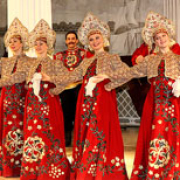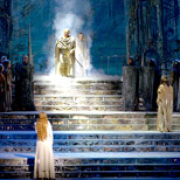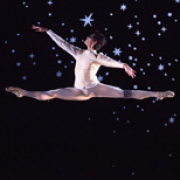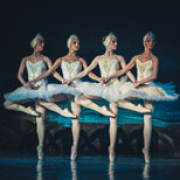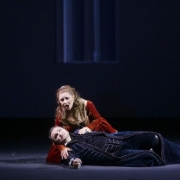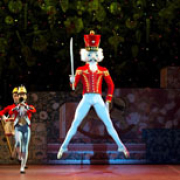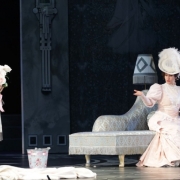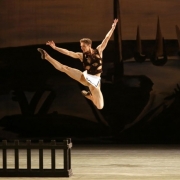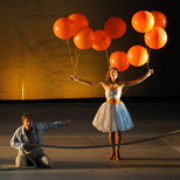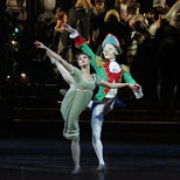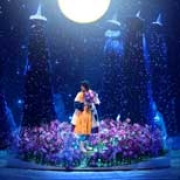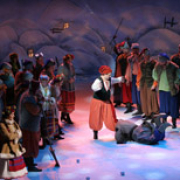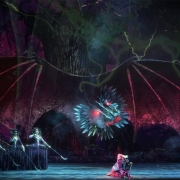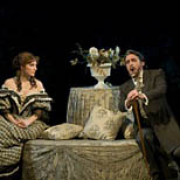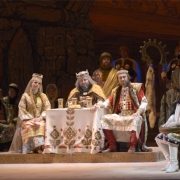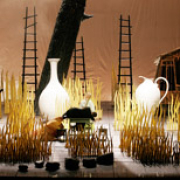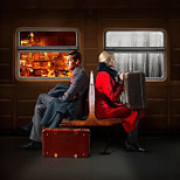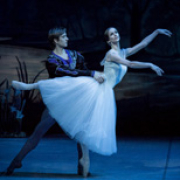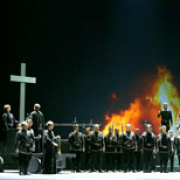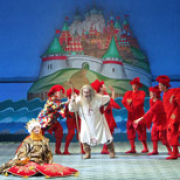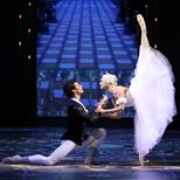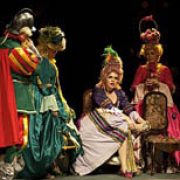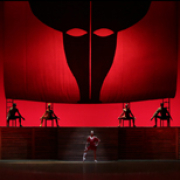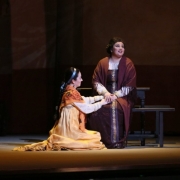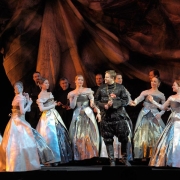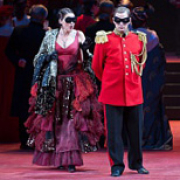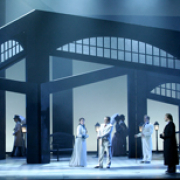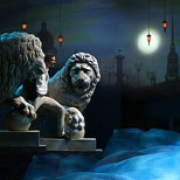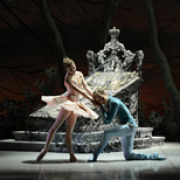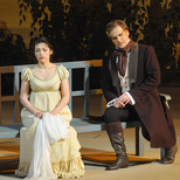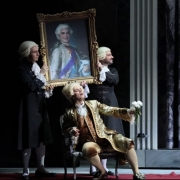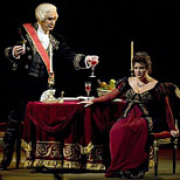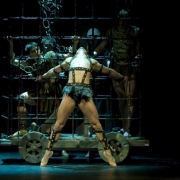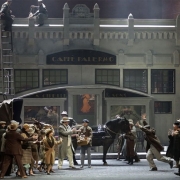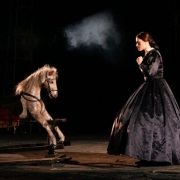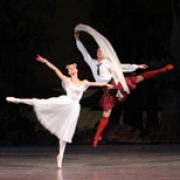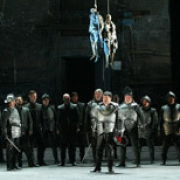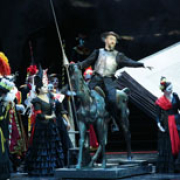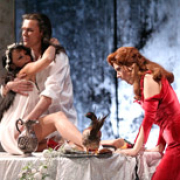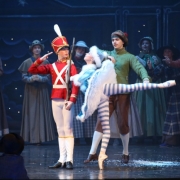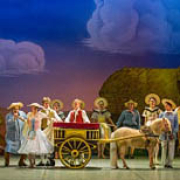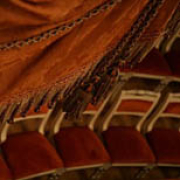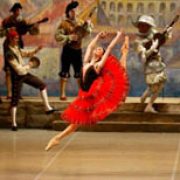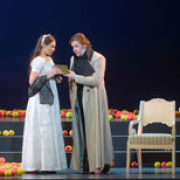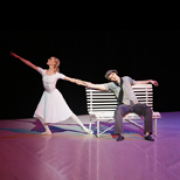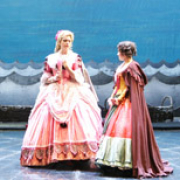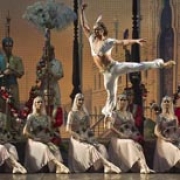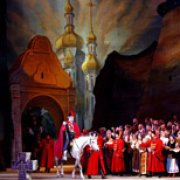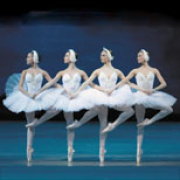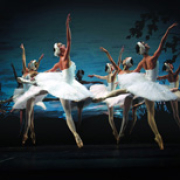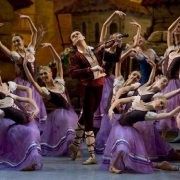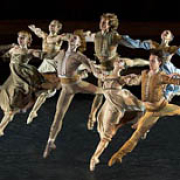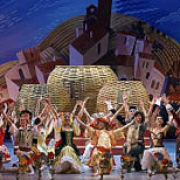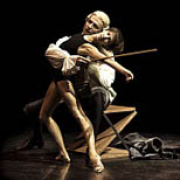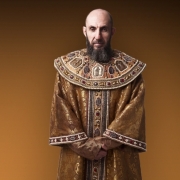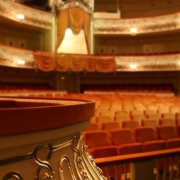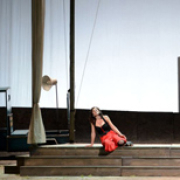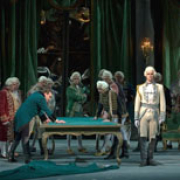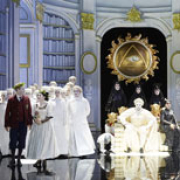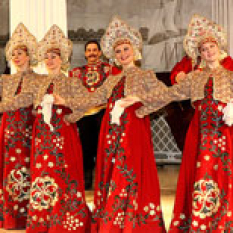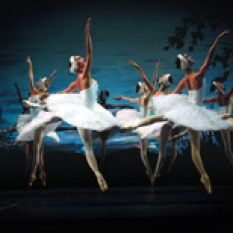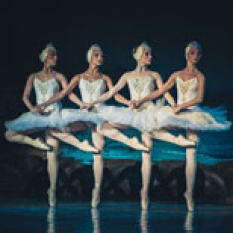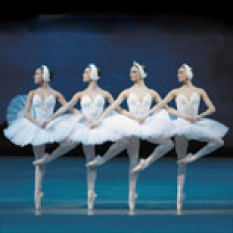Die Meistersinger von Nurnberg (act I from the opera, concert performance) (Mariinsky II (New) Theatre, concert)
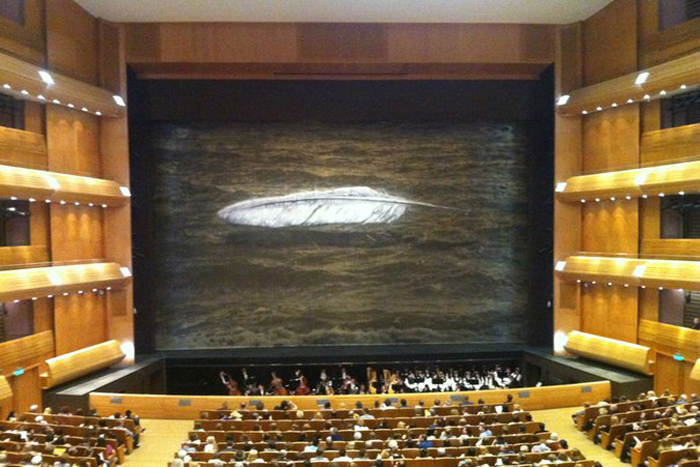
Description
Die Meistersinger von Nürnberg is returning to the Mariinsky Theatre almost a century since it was last staged here. The last production of the opera came in 1926, though it was not retained in the repertoire; neither did productions at the Bolshoi (1929) or Maly Opera Theatres (1932) enjoy any lasting success. Since then not a single Russian theatre has staged the opera – only on rare occasions have there been concert performances of highlights, and only the pompous overture found a sure footing in the symphony music repertoire. The concert on Saturday presents a rare opportunity to hear the music of Die Meistersinger performed live and featuring magnificent Wagnerian singers of the Mariinsky Theatre.
The only one of Wagner's mature operas to have a happy end and no deaths tells of the power of art and love. As in Tannhäuser, the plot is based around a competition of singers, and here, too, the protagonist is a real historical figure – the poet and singer Hans Sachs who lived in the 16th century and who in his monologues appeared as a proponent of the national German spirit. In Die Meistersinger there is also a lyrical line of the love of the young knight Walther, a student of Sachs, for Eva, the daughter of a goldsmith. Moreover, Die Meistersinger is not devoid of comic features and has a naive humour linked with the image of Walther's unsuccessful rival, the town clerk Beckmesser.
The lengthy monologues and ensemble scenes make Die Meistersinger fully correspond with ideas of Wagner's immense scale: in its entirety it runs for more than four hours.
You may also like
Genre: Ballet
Genre: Ballet
Genre: Concert
Genre: Folk Show
Language: Russian
Genre: Opera
Language: German
Genre: Opera
Language: Italian
Genre: Ballet
Genre: Opera
Language: Russian (English supertitles)
Genre: Opera
Language: Russian (English supertitles)
Genre: Ballet
Genre: Opera
Language: Russian (English supertitles)
Genre: Ballet
Genre: Ballet
Genre: Opera
Language: Italian
Genre: Opera
Language: Russian (English supertitles)
Genre: Opera
Language: Russian
Genre: Opera
Genre: Opera
Language: Russian
Genre: Ballet
Genre: Opera
Language: Italian
Genre: Opera
Language: Russian (English supertitles)
Genre: Opera
Language: Russian
Genre: Opera
Language: Italian
Genre: Opera
Language: Italian
Genre: Opera
Language: Russian (English supertitles)
Genre: Ballet
Genre: Opera
Language: Russian (English supertitles)
Genre: Opera
Genre: Opera
Language: Italian
Genre: Opera
Language: English
Genre: Concert
Genre: Ballet
Genre: Opera
Language: Italian
Genre: Opera
Language: French
Genre: Ballet
Genre: Opera
Language: Italian
Genre: Ballet
Genre: Ballet
Genre: Opera
Language: Russian (English supertitles)
Genre: Ballet
Genre: Opera
Language: Russian (English supertitles)
Genre: Ballet
Genre: Ballet
Genre: Opera
Language: Russian (English supertitles)
Genre: Opera
Language: Russian (English supertitles)
Genre: Ballet
Genre: Opera
Language: Italian
Genre: Opera
Language: Russian (English supertitles)
Genre: Opera
Language: German


